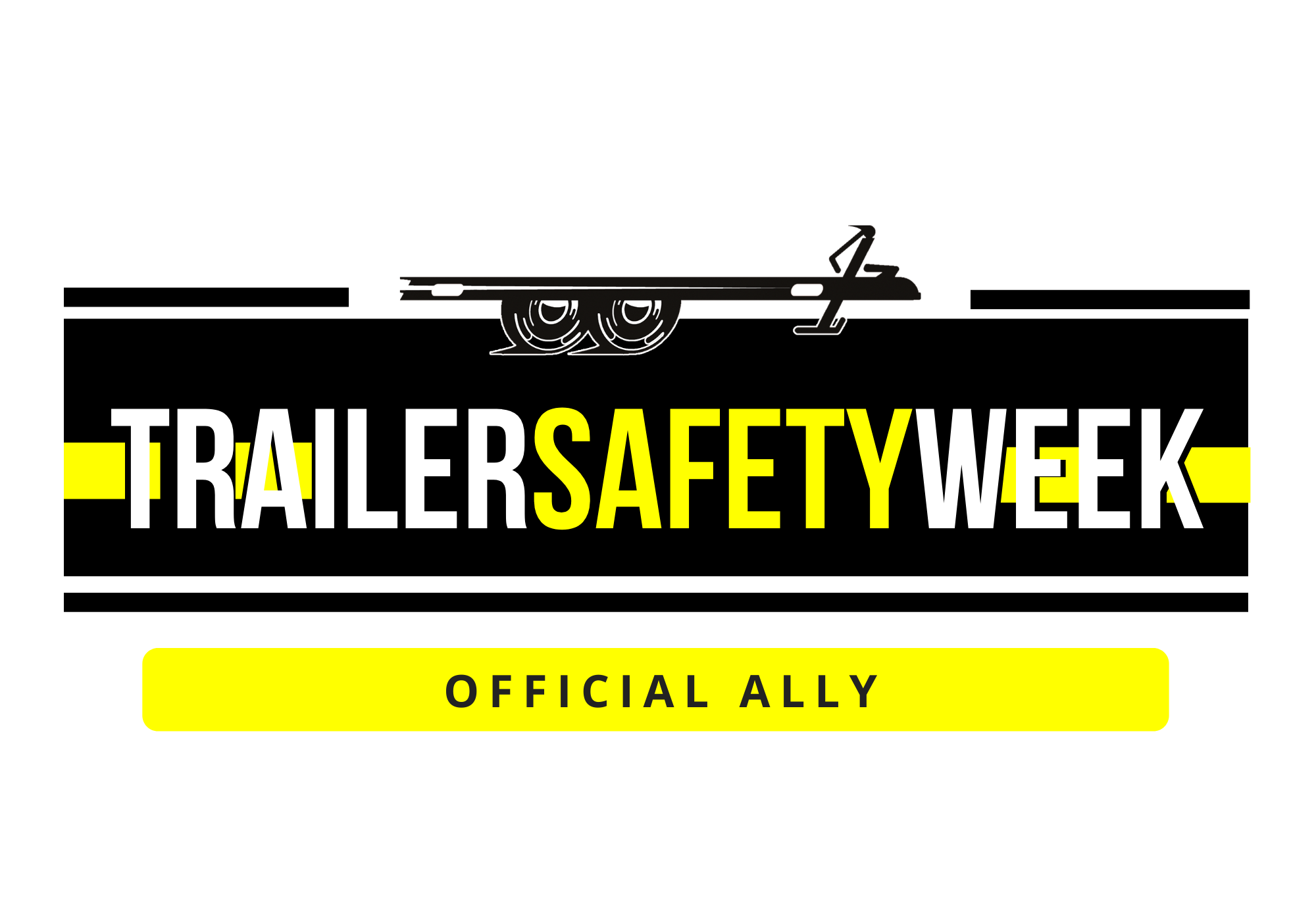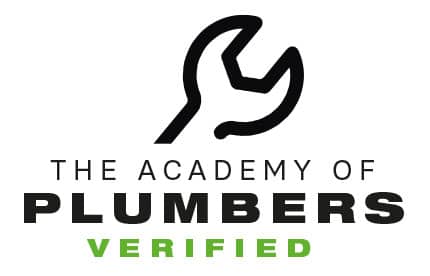Electrical Vehicle (EV) Charging Stations: Residential
Whether you already own an electric car or considering the purchase, here’s what you should know about charging your car.
Need help? Our professional electricians can assist with all your electrical vehicle (EV) charging station needs.
(Looking for a commercial electric car charging station – click HERE)
What type of charger do you want?
-
The most common electrical vehicle (EV) charging station option for residential properties is the Level 2 operating at 240 volts. This will need to be installed by a licensed electrician and installed on a dedicated 40amp -60amp circuit.
Do you have the proper permits?
-
The permits required for installation vary depending on your location so we recommend hiring a local electrical contractor who understands what permits are required.
Do you have enough electrical service?
-
You will need to calculate whether or not your house can handle the extra load of the charger. Your house may require a new service drop. National Electrical Code Article 625 covers the rules for EV-charger installation, such as where a charger can be mounted and what kind of wiring is required, state and local codes apply as well.
When is the inspection?
-
Once installed, your EV charger will need to be inspected for electrical safety by your local authority. Many companies will not honor a warranty on the charger unless it is inspected by a professional.
Do you have a garage?
-
Chargers are most commonly installed in the garage but if you don’t have a garage, you can install a charger in your driveway. For outdoor mounting, you’ll want a unit with a NEMA (National Electrical Manufacturers Association) rating of 4X which is made to stand up to rain, cold, and dust. Depending on the location, an electrician might have to run some conduit.




